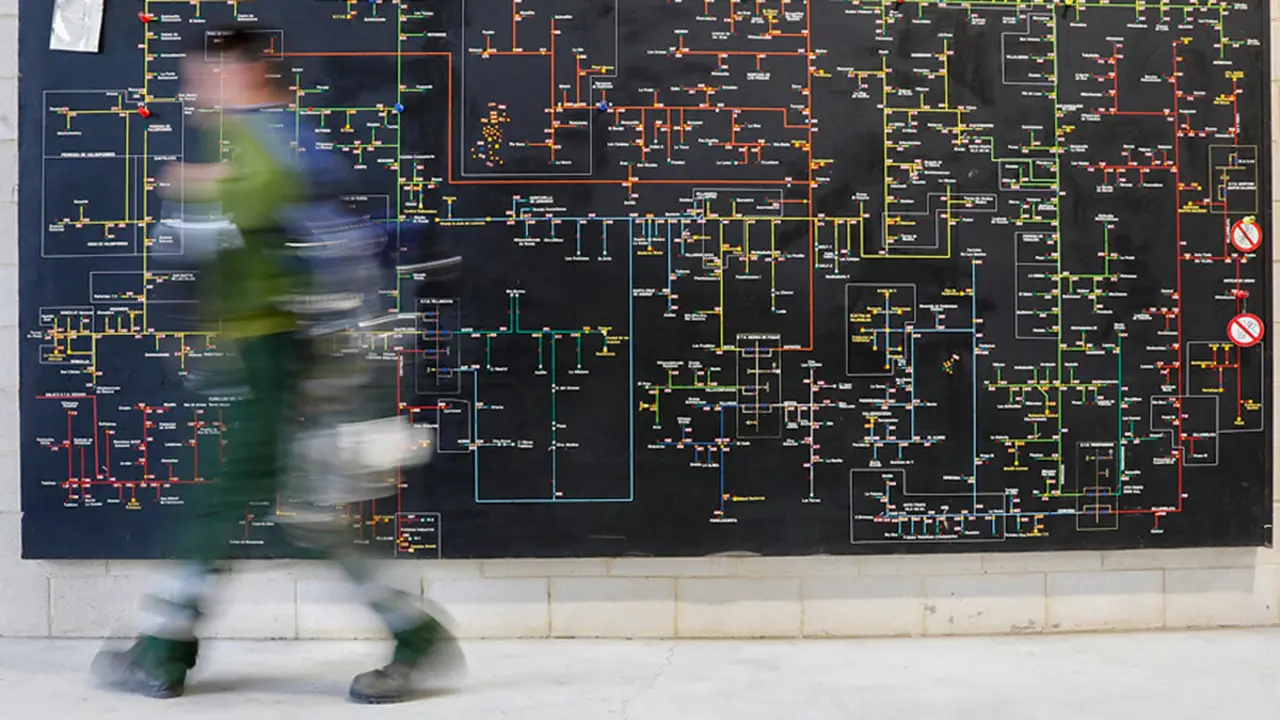Tourism has deteriorated again in the second wave of the pandemic

The tourism sector has deteriorated again due to the new restrictions on mobility and travel imposed to stem the second wave of the covid-19 pandemic.
In an article in the forthcoming European Central Bank (ECB) economic bulletin, published on Monday, economists Vanessa Gunnella, Georgi Krustev and Tobias Schuler analyse the situation in the tourism sector and its impact on consumption in different countries.
Travel has fallen since the summer and the loss of confidence is having a strong impact on bookings due to new travel bans and restrictions from new containment measures.
This is also demonstrated by the setback in the recovery of flight capacity in the euro area.
Flight capacity in euro area countries is now at 25% of the pre-COVID-19 level.
New orders in the tourism and leisure sectors have fallen again in November and are in contractionary territory.

"Confidence in the accommodation industry is also depressed and well below its historical average", the authors of the article add.
The reintroduction of travel restrictions since October will mean that foreign tourism will be replaced by national tourism, which will affect the dynamics of tourist services in the short term, according to the report.
The latest restrictions will affect winter tourism destinations more.
Tourism has been an amplifying channel of impact during the Covid-19 pandemic in countries that are net exporters of travel services, i.e. countries that receive many tourists such as Spain, Greece and Portugal.
And it has also been a buffer channel in countries that are net importers of travel services such as Germany.
The foreign tourism sector remained depressed in the third quarter compared to pre-pandemic figures.

In contrast, domestic tourism has shown resilience and was able to partially compensate for the loss of foreign tourism, even though it was below 2019 levels.
"However, the latest available data suggest a fragile and incomplete recovery," the article adds.
Tourist arrivals in the euro area were less than two-thirds of the levels seen a year earlier.
Tourism in countries that depend on foreign tourist arrivals such as Greece and Portugal is still far from normal levels.
Turnover in restaurants and, to a lesser extent, in accommodation recovered somewhat in the third quarter but still remains at very low levels, supported by domestic tourists and the local population.








